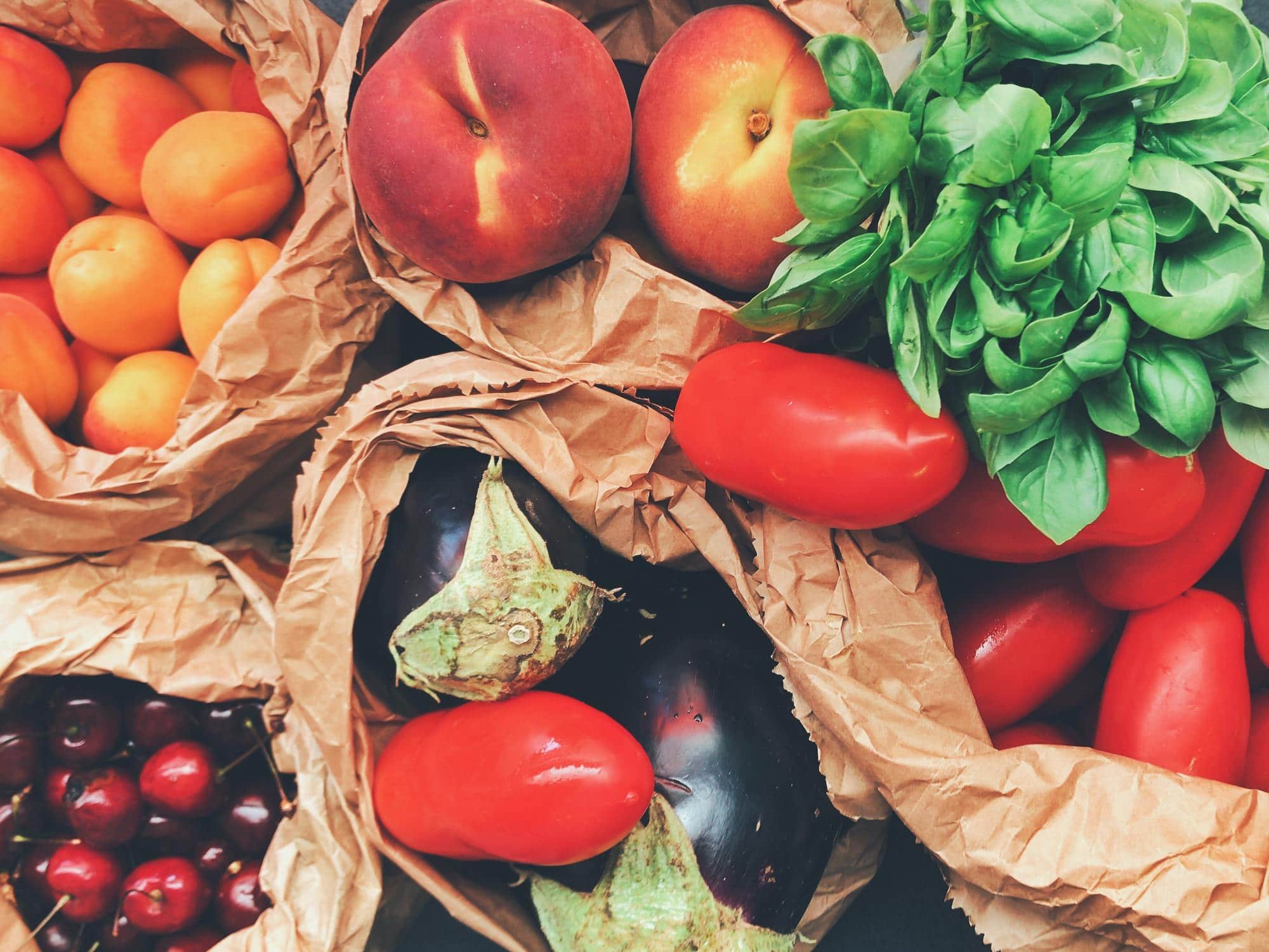Why does quality matter?
Why does Australia need to hear this message? Well, the internet is riddled with information when it comes to nutrition!
From fitness gurus to celebrity chefs, everyone seems to be sharing some sort of diet and lifestyle advice. Evidence-based information from the Australian Dietary Guidelines is often long forgotten when it is competing with a new fad diet promoted by a fit looking celebrity or Instagram star. This article will share an important yet simple message along with three practical tips to enhance your daily meal choices.
As a population, Australians are not meeting their recommended daily intake of foods comprising the five core food groups (fruit, vegetables, breads/cereals, dairy, lean meat/alternatives). Instead, we are displacing these with a large proportion of discretionary foods. More than 35% of our daily energy intake is now discretionary foods (cakes, biscuits, alcohol, processed meats etc)!
How to change the trend
Here at Fuel Your Life, we think the best way to tackle this issue is to educate the masses that not all kilojoules are created equally and to emphasise the quality of the food over quantity. Sometimes it isn’t as straightforward and simple as balancing our energy intake with our energy output, with other important factors to consider. Our higher intake of discretionary food makes the concept of energy balance a bit more complex when it comes to weight loss and maintenance.
A few key studies demonstrate:
- Refined grains, processed foods and starches (e.g. white bread) are less satiating and increase hunger signals when compared with higher fibre varieties (e.g. wholegrain bread, brown rice etc)..
- High fibre foods such as fruits, nuts, vegetables and wholegrains slow digestion and therefore keep us feeling fuller for longer.
- Choosing lower GI carbohydrates is associated with favourable effects on our body weight and overall health when compared with high GI carbohydrates.
- Replacing saturated and trans fats with polyunsaturated fats is a great ways to decrease cardiovascular disease risk.
- Studies indicate that high protein foods deliver better satiety than energy matched foods with lower levels of protein.
Tips to optimise your meals
Our daily energy intake is just as important as the type and quality of the kilojoules consumed. The following tips are easy, evidence-based ways to optimise the quality of our daily meal choices.
- Evidence shows that cooking at home is the best way to optimise meal quality. Try meal prepping for the week or if that’s too hard, choose one meal (breakfast, lunch or dinner) to start off with!
- Another great way to optimise meals is by incorporating low energy dense foods (such as vegetables and fruit into meals). Adding extra nutrient dense whole foods is a great way to enhance the quality of any meal. For example, adding capsicum and eggplant to scrambled eggs is a sure way to increase your daily vegetable intake AND provide you with a more filling breakfast.
- Lastly, you can swap out refined grains and cereals for whole grains and legumes. For example. when making dishes that would normally contain just meat (e.g. spaghetti bolognese), why not replace half the volume of the mince with tinned lentils? This will boost the fibre content of the dish and make it more filling. Or why not experiment with different grains in pasta dishes! For example, serving your stir-fry over quinoa instead of white pasta. Whole grains are just as tasty, if not tastier, than their refined counterparts and a great way to increase the quality of a meal.
The conclusion?
With over a third of the average Australian adult’s energy intake coming from discretionary items, nutrient rich foods such as fruits, vegetables, wholegrains, dairy and lean meats are easily displaced by heavily processed foods packed with high levels of saturated fat and or added sugars. It’s no wonder that only 4% of the Australian population is meeting their daily recommended intake of vegetables with even less meeting the recommended servings of wholegrains, fruits and dairy products A simple approach to changing this dietary pattern is by educating people to view the importance of focusing on quality over quantity and to encourage easy ways to optimise meals throughout the day.







